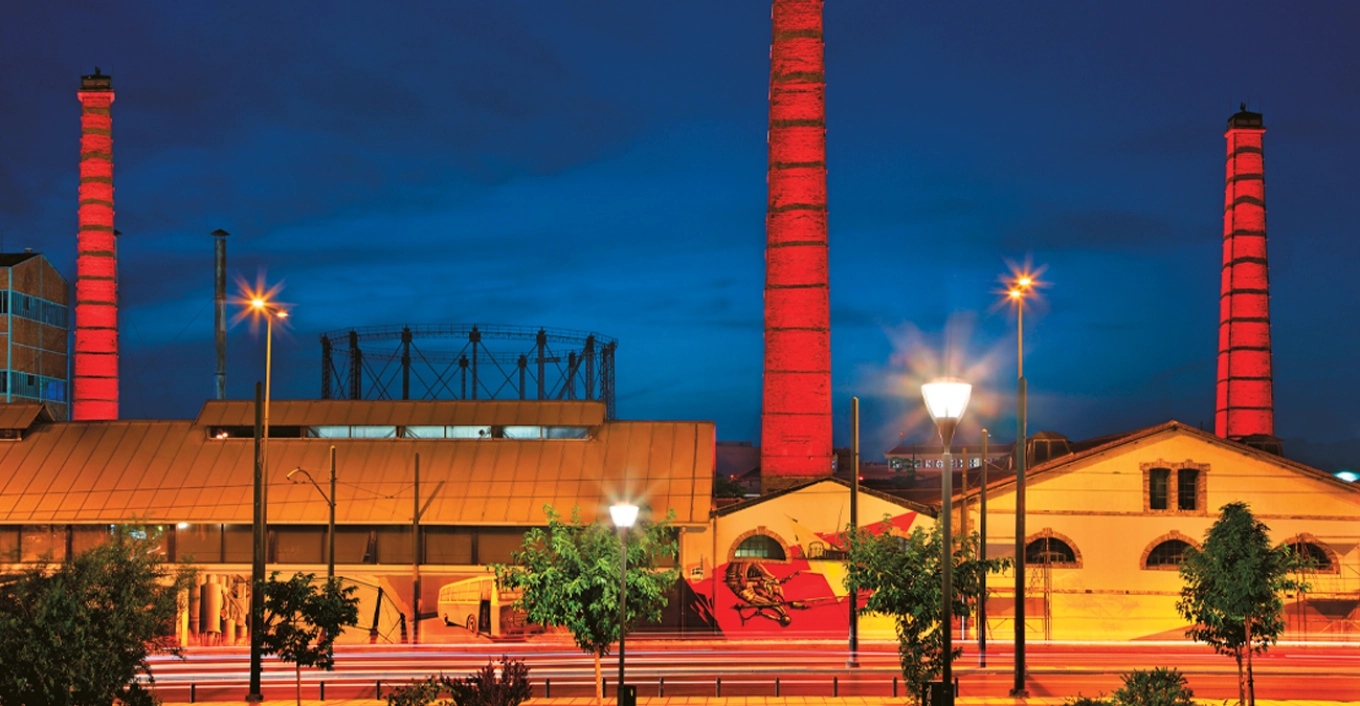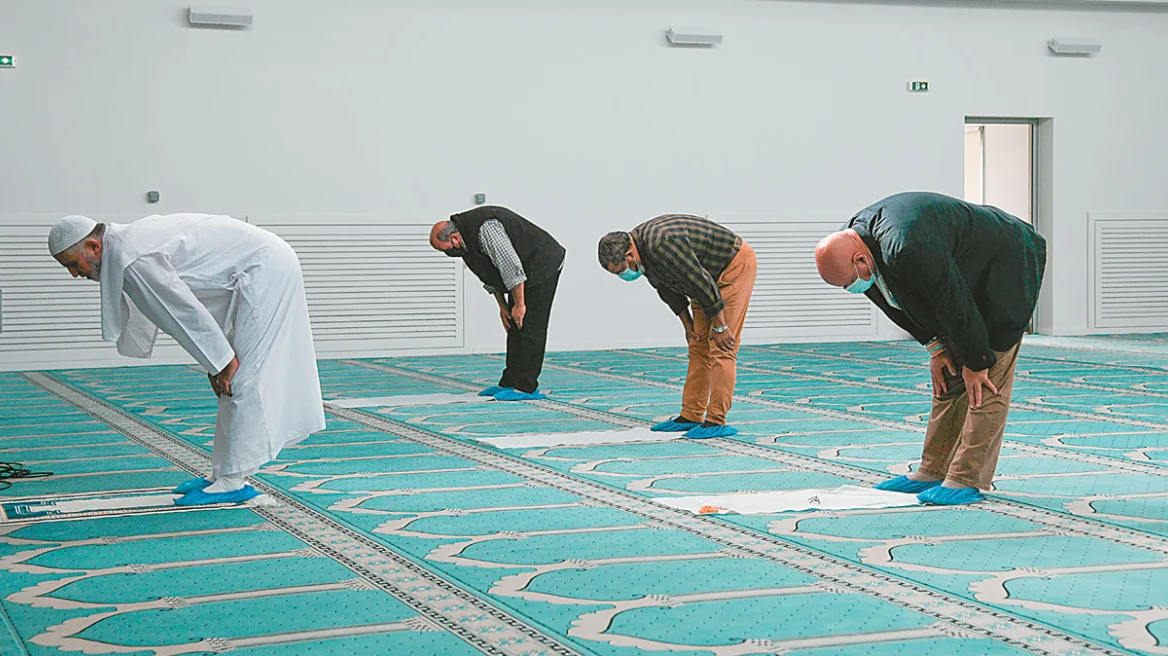Angelina Jolie’s major return to the big screen, after a significant hiatus, sees her portraying Maria Callas in the biographical film “Maria,” directed by Chilean Pablo Larraín. The film had its world premiere yesterday at the Venice Film Festival, a much-anticipated event.
Following a 15-minute standing ovation that moved the lead actress, critics from around the world began to analyze the film’s structure, style, and performances, each drawing their own conclusions.
From the reviews, it’s clear that while something in the film holds it back from being a triumph, Angelina Jolie’s thoroughly researched and passionately delivered performance stands out.
“The New York Times” notes, “This biography could be Jolie’s return to the Oscars,” adding that it’s a meaty role where the famous actress “alternates between strength and profound vulnerability.”
“Vanity Fair” agrees, stating that “Jolie intensely conveys Callas’s sorrow and wounded pride, which flicker across her face as she tries to maintain the composure of a prima donna.” However, it also points out, as many critics have, that this third biographical film by Larraín fails to delve as deeply into the humanity of its central character as his previous works “Jackie” and “Spencer.”
“The BBC” writes, “The film is witty and beautiful, but this Callas is more of an icon than a person… The creators refuse to bring her down from her pedestal, leaving her devoid of the vulnerability or playful vitality of the real Callas.” The review concludes that the film is too reverent to allow us to empathize with its supposedly fragile heroine: “Unusually for someone addicted to drugs and in the final stages of illness, Jolie’s Callas never appears less than stunning, always exceptionally dignified, poised, and confident, outshining everyone in her path.”
Moreover, the BBC criticizes the filmmakers’ choice to place so much emphasis on Callas’s relationship with Onassis, which, in their view, makes the film “less of an opera and more of a soap opera.”
However, there are also numerous positive comments about Jolie’s portrayal of Callas: “The actress’s commitment to this role is evident in every step. Knowing that Callas was only happy on stage, Jolie learned to sing for the role. The voice we hear is a blend of Callas’s and Jolie’s own. More importantly, we can see her chest rise and her veins bulge as she is consumed, body and soul, by the physical and emotional exertion of singing,” reports “Deadline.” Meanwhile, the “Variety” critic meaningfully notes, “Jolie, for the first time in years, reminds you that she can be a deadly serious actress of commanding subtlety and power.”
“Maria,” which is among the films competing for the Golden Lion at the Venice Film Festival, opens unconventionally with the removal of Callas’s lifeless body from her Paris apartment. It then rewinds a week, presenting pieces of the opera diva’s life and career through a fictional interview conducted a few days before her death.
Ask me anything
Explore related questions





